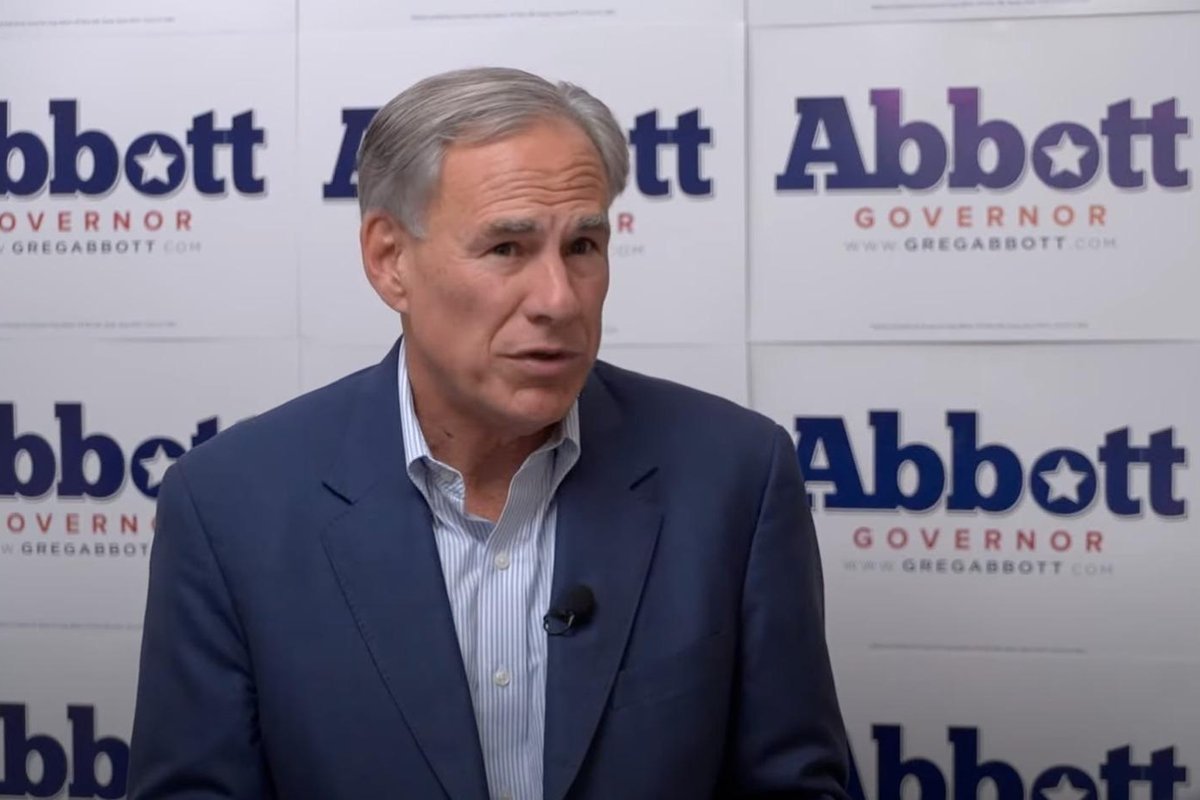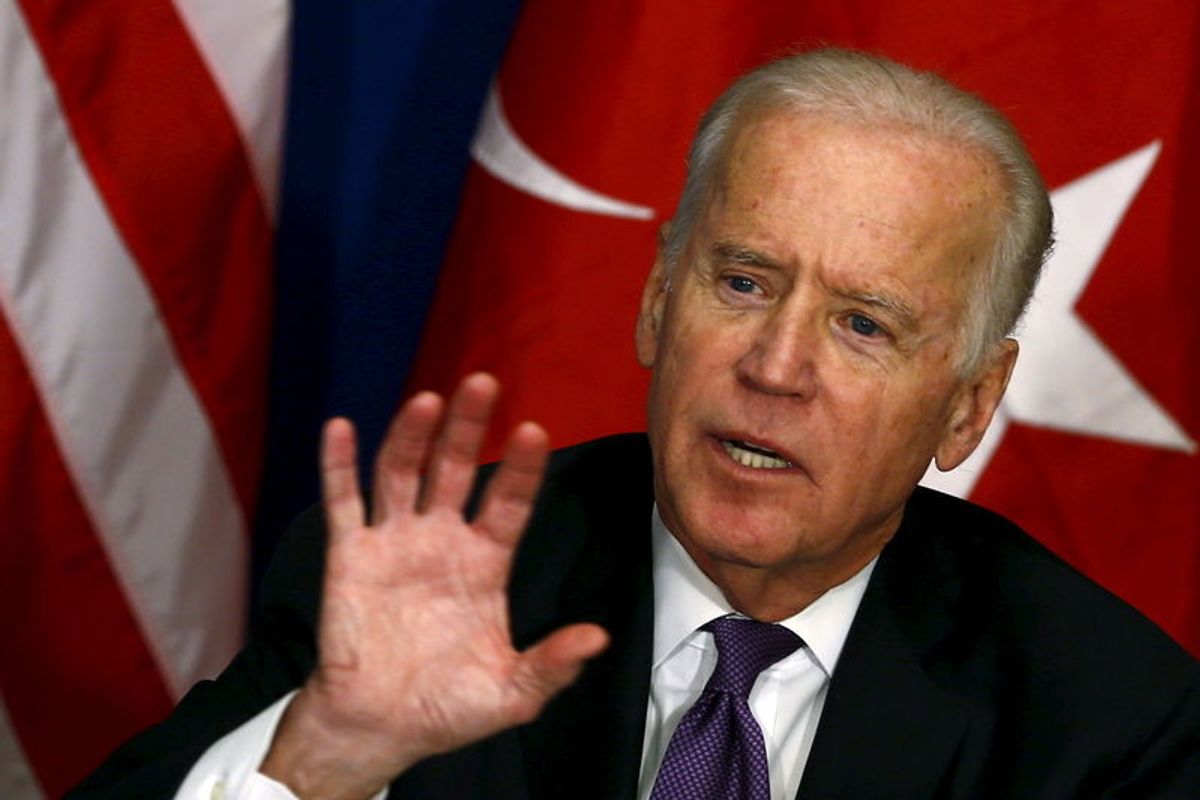
WASHINGTON — The left will make a big mistake if it ignores the lessons of the failed recall of Gov. Scott Walker in Wisconsin. The right will make an even bigger error if it allows the Wisconsin results to feed its inclination toward winner-take-all politics.
The danger on the right is greater because winning an epic fight is a heady experience and conservatives can claim a real victory here. Walker didn’t just win. He won decisively. And it turns out that a majority of Wisconsin voters — including many who voted against Walker — simply didn’t like the idea of a recall.
Perhaps the most significant exit poll finding was this one: Only about a quarter of those who went to the polls on Tuesday said that a recall was appropriate for any reason. Roughly six in 10 said a recall should be used only in the case of official misconduct. And another tenth thought a recall was never appropriate. Most voters, in other words, rejected the very premise of the election in which they were casting ballots. This proved to be a hurdle too high for Milwaukee Mayor Tom Barrett, Walker’s opponent.
It’s worth comparing what happened in Wisconsin with what happened last year in Ohio, where unions forced a referendum on the anti-labor legislation pushed through by Gov. John Kasich and the Republican-controlled Legislature. The unions and the Democrats won 61 percent in that vote and repealed the law. But this remedy was not available in Wisconsin. The recall, it turns out, was an imperfect instrument.
Yet the mechanism may still have allowed the Democrats to take over the Wisconsin Senate. If former state Sen. John Lehman holds on to his lead of less than 1,000 votes, the Democrats will strengthen their position for this fall’s election and enhance their ability to block future anti-labor legislation. A Lehman victory, combined with last summer’s recall results, would mean three Republican state senators were forced out because of their anti-union votes. In its way, this would be a just outcome: Voters used state Senate races to signal their dissatisfaction with Walker’s overreach and thus put the retained governor on notice.
Exit polling showing the same electorate that backed Walker giving President Obama a seven-point lead over Mitt Romney underscores the problem for conservatives who want to give the Wisconsin outcome an excessively ideological spin. Roughly one Walker voter in six picked Obama over Romney, and this was a group of classic swing voters, made up disproportionately of moderates and independents.
This fact, though, should also register with the left. For years, progressives have engaged in a fruitless, false-choice argument as to whether victory comes primarily from mobilizing loyalists or from winning over middle-of-the-road voters. The obvious truth is that the center-left cannot win without pursuing both strategies simultaneously. Barrett was clearly aware of this. He closed his campaign appealing to moderates with calls for comity and an end to Wisconsin’s civil war. The strategy worked as far as it went — late-deciding voters backed Barrett overwhelmingly. But the obstacles in his way were too large.
Progressives will talk a lot, and legitimately, about how out-of-state big money allowed Walker to overwhelm Barrett in spending and strangle his chances with wall-to-wall television ads. This is a huge problem for democracy in a post-Citizens United world. A few billionaires can amplify their voices far above those of other citizens.
In the long run, campaign finance reform should move to a very high position on the progressive agenda. In the short run, progressives must face the reality that they’ll be vastly outspent this year. The deep pockets of the few will have an outsized impact on House and Senate races, and liberals need to find an answer that they didn’t have in Wisconsin.
There was a sense of focus on the right that did not exist on the left. It was foolish for progressives not to work much harder to avoid a gubernatorial primary that wasted resources they couldn’t spare. This was not an ordinary election. The right knew this. The left seemed to forget.
For the left, conservative hubris would be the best outcome from Wisconsin. Nothing would do more to push swing voters the progressives’ way. But liberals and labor are operating in a difficult environment. They need to pick their fights carefully and match their energy with a new discipline and a cool realism about the power arrayed against them.
E.J. Dionne’s email address is ejdionne@washpost.com.
(c) 2012, Washington Post Writers Group


